
Merck and Eisai announced that the FDA issued a complete response letter to its accelerated approval applications for the combination use of pembrolizumab plus lenvatinib to treat patients with unresectable hepatocellular carcinoma.

Your AI-Trained Oncology Knowledge Connection!



Merck and Eisai announced that the FDA issued a complete response letter to its accelerated approval applications for the combination use of pembrolizumab plus lenvatinib to treat patients with unresectable hepatocellular carcinoma.
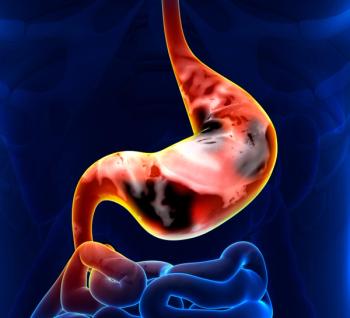
In this open-label, randomized, phase 2 trial, treatment with trastuzumab deruxtecan led to significant improvements in response and overall survival in patients with HER2-positive gastric cancer.

Researchers have developed a new blood test that may help in identifying individuals who are likely to develop hepatocellular carcinoma.

The FDA approved nivolumab for the treatment of patients with unresectable advanced, recurrent or metastatic esophageal squamous cell carcinoma after prior fluoropyrimidine- and platinum-based chemotherapy.

The FDA approved atezolizumab in combination with bevacizumab for the treatment of patients with unresectable or metastatic hepatocellular carcinoma who have not received prior systemic therapy.
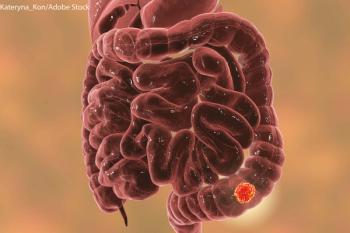
Patients with pretreated microsatellite instability-high cancers treated with immune checkpoint inhibitors were found to have high activity, independent of tumor type and drug used.
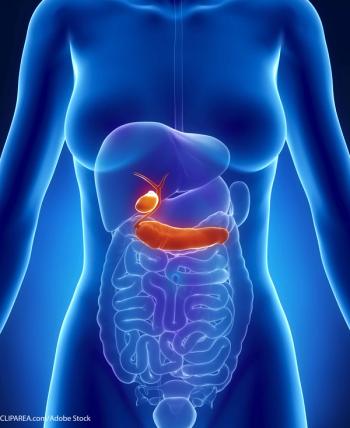
A phase II study presented at AACR found that the combination of atezolizumab plus cobimetinib improved cancer control in some patients with biliary tract cancer.
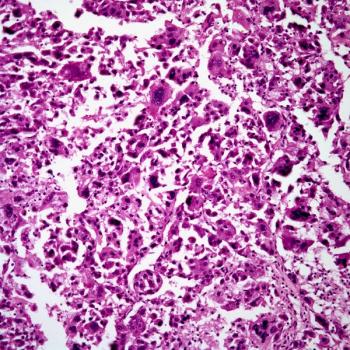
The phase II study found that nivolumab was well tolerated and demonstrated moderate efficacy with durable response in patients with refractory biliary tract cancer.

Researchers found a steady increase in racial inequalities of the mortality rate from liver cancer from 1998-2016 after lifesaving drugs for hepatitis C virus were introduced.

A recent study published in JAMA Oncology revealed that quality improvement initiatives are necessary to optimize treatment and lessen chemotherapy interruption and noncompletion rates among patients with squamous cell anal carcinoma.

The study was presented at the American Association for Cancer Research (AACR) Annual Virtual Meeting 2020 and demonstrated encouraging preliminary antitumor activity with objective responses as a monotherapy and in combination with nivolumab.

This study found a substantial difference in the number of agents available for use in the metastatic and adjuvant settings for non-small cell lung cancer, breast cancer, and colon cancer.

Identifying early predictors of poor quality of life could allow for the identification of patients who may benefit from early referral to palliative and supportive care according to the researchers.

This is the first FDA approval for this patient population.

Leading cancer experts from across Europe issued an international expert consensus statement regarding radiotherapy treatment options for patients with rectal cancer during the COVID-19 pandemic.
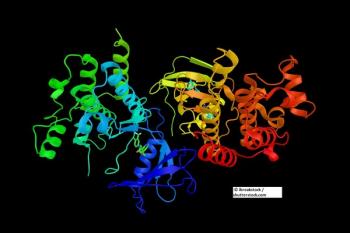
The FDA approved the combination use of encorafenib and cetuximab for the treatment of adult patients with BRAFV600E-positive metastatic colorectal cancer.
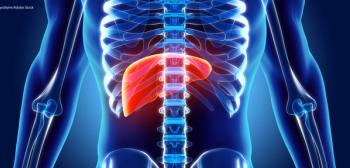
In a recent study, researchers indicated that primary liver cancer prevention schedules should give more attention to nonalcoholic steatohepatitis and elderly patients.

The FDA granted priority review to pembrolizumab monotherapy for the treatment of adult and pediatric patients with unresectable or metastatic TMB-high solid tumors who have progressed following prior treatment and who have no satisfactory alternative treatment options.
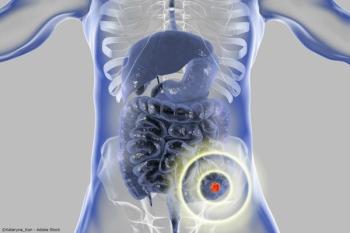
The trial evaluating the first-line treatment of pembrolizumab in patients with microsatellite instability-high or mismatch repair deficient unresectable or metastatic colorectal cancer demonstrated improved PFS compared with chemotherapy.

ASCO released new guidelines for treating patients with late-stage colorectal cancer based on previously existing guidelines using an expert panel.
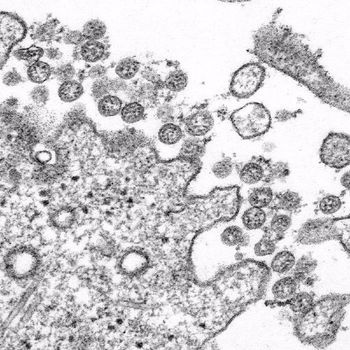
Researchers reported on the incidence and outcomes of the SARS-CoV-2 infection, which has been linked to COVID-19, in patients with cancer who were treated at a tertiary cancer institution in Wuhan, China.
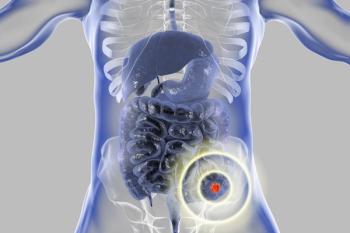
In this study, researchers found that endoscopic therapy was the most effective strategy for patients with T1 CRC with less aggressive biomarker profiles and laparoscopic colectomy was the most effective for patients with more aggressive profiles.
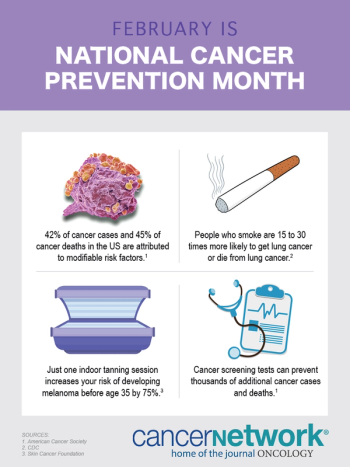
With February being National Cancer Prevention Month, here are the latest updates in cancer prevention.

The FDA granted a priority review to Deciphera Pharmaceuticals’ new drug application for ripretinib to treat patients with advanced gastrointestinal stromal tumors.

The professor from MD Anderson Cancer Center spoke about the exploration of different concepts for the treatment of gastrointestinal cancers.